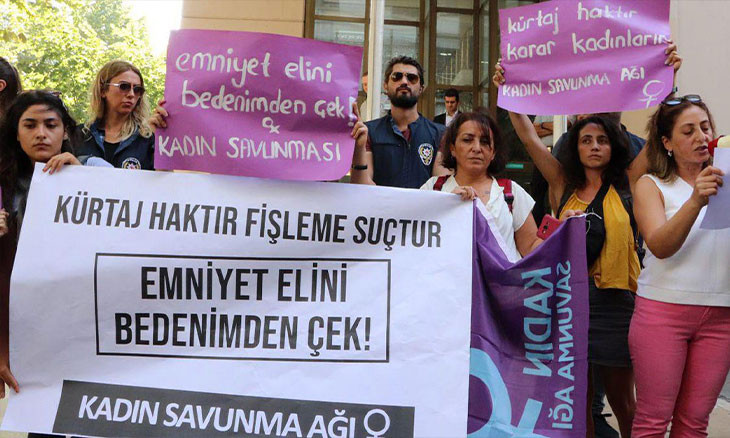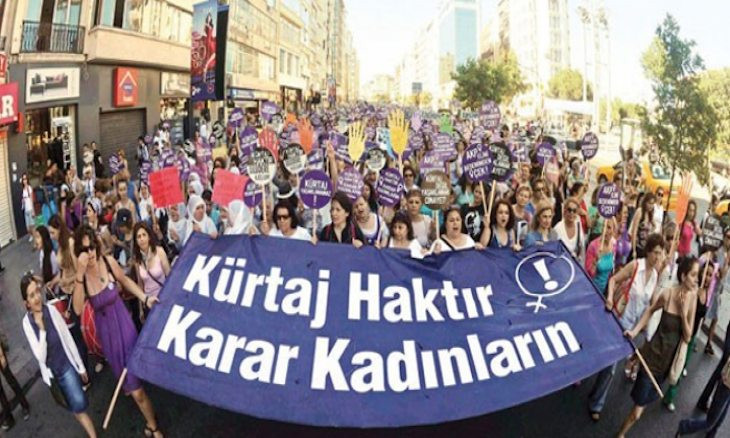Women can't use own frozen eggs without legal spouse in Turkey, expert says
Women are not allowed access to assisted reproductive technologies unless they're legally wed, Koç University's IVF and Reproductive Health Center Head Prof. Barış Ata said. This also leads to a lack of sperm and egg banks in the country, Ata noted, adding that anyone who wishes to conceive with a donor should get assistance abroad.
Filiz Gazi / DUVAR
People in Turkey are not allowed to access supplemental assisted reproductive technologies unless they're legally wed, Koç University's IVF and Reproductive Health Center Head Prof. Barış Ata said.
The technology of "freezing eggs" allows for women to preserve their eggs in negative 270 degrees Celsius, which allows them to remain intact indefinitely, Ata noted.
"Assisted reproductive technologies are not allowed if a couple isn't legally wed. This is why we don't have egg or sperm banks in Turkey," Ata noted.
If a woman is looking to conceive a baby with a sperm donor, it would be most realistic for them to seek help abroad, the expert said.
Turkey also doesn't allow for any registration of assisted reproductive technologies' efficacy across different facilities, which creates ambiguity around the practice, Ata added.
"We don't know different centers' fertilization rates, but this is just like eating pizza. Some shops just do it better," Ata said.
The process of extracting eggs to freeze is also an intricate one, and legal regulation in Turkey allows for extractions when a woman's "egg reserves" are lowered, Ata said.
"You can't freeze 10 at a time either, maybe two, maybe one. Not every egg yields to fertilization either," Ata noted.
Women choose to freeze their eggs when they don't have concrete plans to start a family, but want to keep their options, Ata said.

 Hindering access to abortion is rights violation against rape survivor: Turkey's top courtHuman Rights
Hindering access to abortion is rights violation against rape survivor: Turkey's top courtHuman Rights Abortion 'practically banned in Turkey'Women
Abortion 'practically banned in Turkey'Women